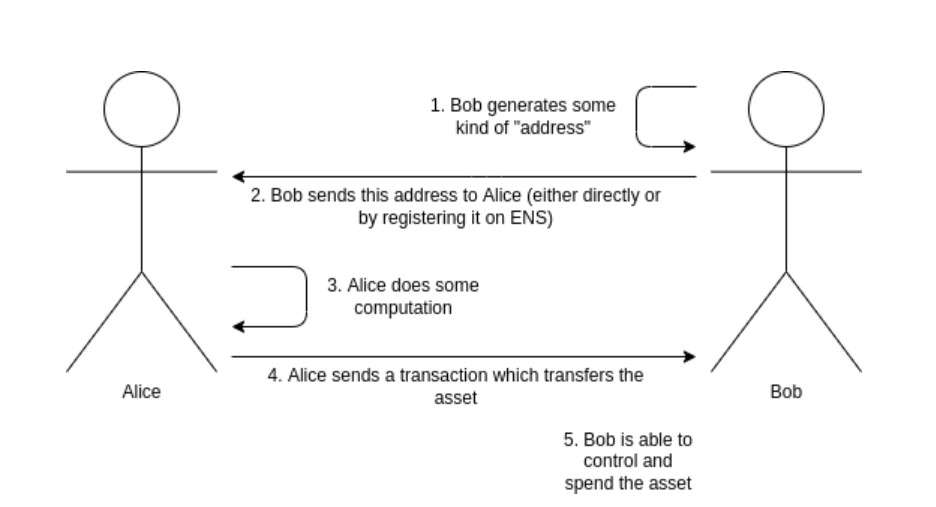Vitalik Buterin divulges the ‘largest remaining challenge’ for Ethereum

Ethereum co-founder Vitalik Buterin has shared a possible solution to what he describes as the “largest remaining challenge” for Ethereum — privacy.
In a blog
Stealth addresses have long been touted as a solution to address on-chain privacy issues, which have been worked on since as early as 2014. However very few solutions have been brought to market thus far.
It also isn’t the first time Buterin has discussed the concept of stealth addresses in Ethereum.
In August, he dubbed stealth addresses as a “low-tech approach” for anonymously transferring ownership of ERC-721 tokens — otherwise known as NFTs.
The Ethereum co-founder explained that the stealth address concept proposed offers privacy differently to that of the now U.S. Office of Foreign Asset Control (OFAC)-sanctioned Tornado Cash:
”Tornado Cash can hide transfers of mainstream fungible assets such as ETH or major ERC20s […] but it’s very weak at adding privacy to transfers of obscure ERC20s, and it cannot add privacy to NFT transfers at all.”
Buterin offered some advice to Web3 projects that are developing a solution:
“Basic stealth addresses can be implemented fairly quickly today, and could be a significant boost to practical user privacy on Ethereum.”
“They do require some work on the wallet side to support them. That said, it is my view that wallets should start moving toward a more natively multi-address model […] for other privacy-related reasons as well,” he added.
Buterin suggested that stealth addresses may introduce “longer-term usability concerns,” such as social recovery issues. However, he is confident the problems can be properly addressed in time:
“In the longer term, these problems can be solved, but the stealth address ecosystem of the long term is looking like one that would really heavily depend on zero-knowledge proofs,” he explained.
